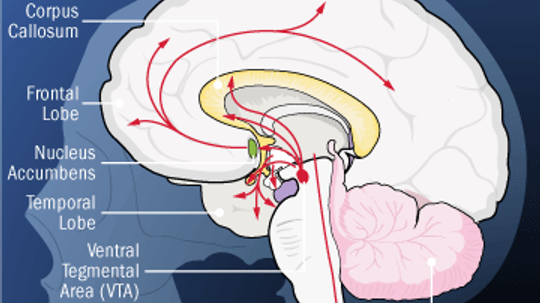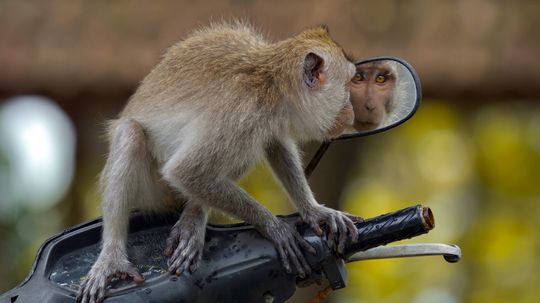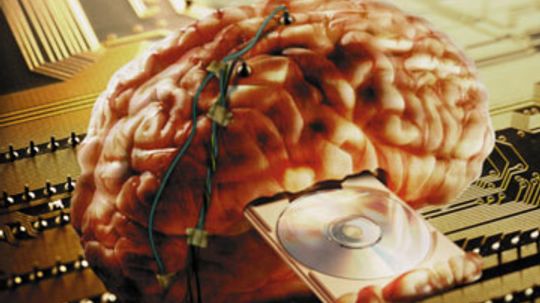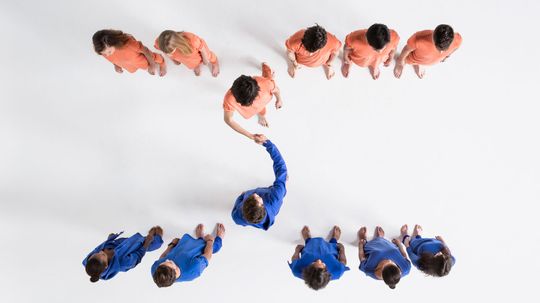Inside the Mind
What are dreams really made of? Are humans the smartest animal? What causes schizophrenia? Travel inside the mind and find out how the human brain works.

Is He Faithful? How to Identify Signs of Cheating in a Relationship

Why the Little Albert Experiment Could Never Happen Today

Milgram Shock Experiment: A Vital Lesson in Social Psychology
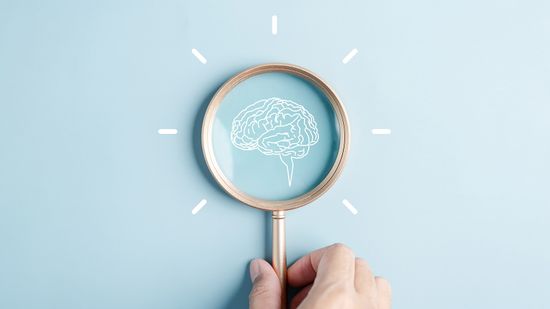
9 Types of Intelligence: The Many Ways to Expand Your Mind
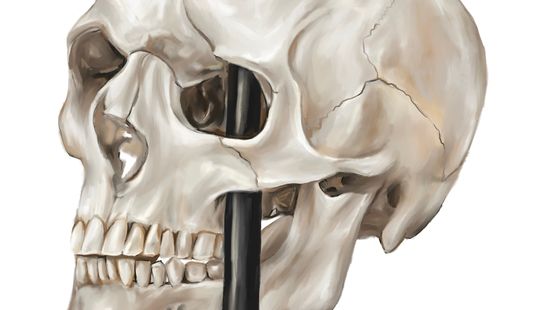
Phineas Gage and the Birth of Modern Neuroscience

Call of the Void: A Counterintuitive Form of Self-preservation
Learn More / Page 6
Your co-worker just yawned in a meeting, and now everyone on his side of the table is yawning, too. Learn about what might've caused him to do it in the first place and why you're likely to yawn right along with them.
Collective hysteria can spread when a fear exists of exposure to a disease, combined with a contained environment. Learn more about collective hysteria works.
You've been looking forward to your European vacation for months. But the first few days of your trip, you're grouchy, exhausted and brain dead. Is there some way to prevent or cure jet lag?
Advertisement
Most people would recall every detail of being held up in a bank robbery but not so well the details of their last birthday party. The brain is wired for recalling trauma for a very good reason.
Aristotle defined hate as a dislike so intense that whoever feels it wants to cause another person real harm. What is going on in our brains when we hate? And can hate ever be a good thing?
There's a connection between our physical bodies and the way it responds to emotion -- but scientists aren't quite sure what it is. Could it be that happiness is little more than a series of neurochemical responses to the world around us?
By Josh Clark
You think you'd know what happiness was -- you've felt it before, right? Not quite. It turns out that the definition of happiness pretty much depends on who's defining it.
By Josh Clark
Advertisement
Studies seem to indicate that men are more likely to harbor violent tendencies than women. What factors do researchers use to come to these conclusions, and most importantly, is it true that men are more violent?
Why do we help others, even if we know it will hurt us? As it turns out, the concepts of altruism and selfishness may be linked -- much more so than we thought.
By Josh Clark
Are looking for ways of raising your self-esteem? Check out what we have uncovered for elevating your self-esteem in this article.
There's no doubt that humans are a violent species. The real question is: Why? Are some people wired differently than others? Is it a matter of survival? Or are we just taking our frustrations out on others in violent ways?
Advertisement
Once scientists discovered that some members of the great ape family could recognize their reflections in mirrors, academics began to wonder whether these animals were actually conscious of themselves. That debate continues today.
We'd like to think we're pretty clever, but when you correct for body mass, dolphin brains aren't far off from our own. What cognitive skills do dolphins possess, and could they really be our intellectual equals?
Computers can handle far more calculations per second than the human brain, and can store and retrieve information very reliably. Should we be jealous of these hunks of silicon and metal on our desks?
Erosion and weather can combine to make rock formations look like all kinds of things, from human faces to animals. They're called mimetoliths and we've taken a look at four of the most famous.
Advertisement
Do we have a tendency to walk clockwise around the block? Why do sports favor counterclockwise rotation? Does it have anything to do with handedness or driving habits?
An extensive study looks at personal space in 42 countries, and how weather affects preferences.
Although left-handed people were thought to be "sinister" or "unnatural" in previous eras, we now know that left-handedness is natural for 10 percent of the population. And it can have some advantages over right-handedness too.
By Alia Hoyt
A series of studies showed that including the word 'sorry' in a rejection actually made the rejected person feel worse.
By Alia Hoyt
Advertisement
We often think that if a drug has been studied by scientists and given a favorable outcome, then it must be safe and proven. But many kinds of biases can creep into a study, rendering it less than effective.
It's already a scary world. Why do we seek to experience more fear?
By Jamie Allen
A new study shows that belief in perceiving patterns correlated strongly with belief in conspiracy theories and the supernatural.
By Alia Hoyt
Think of goosebumps as 'skin orgasms' that are caused by unexpected and pleasant experiences. You know you get them when you're cold, but what is going on in our brains that triggers them?
Advertisement
The Bionic Reading app has exploded in popularity. But can it really make you a speed reader?
We often throw around the word "insanity" for acts that seem to have no rational explanation (like a teacher giving an insanely difficult test). Legally speaking, though, it's actually a narrow term that's very difficult to prove in court.
By Chris Opfer





